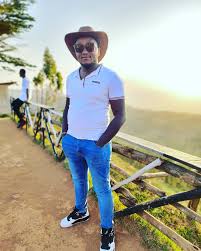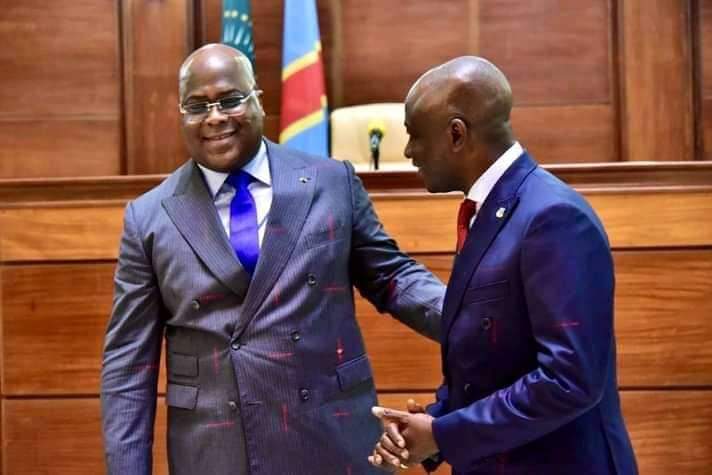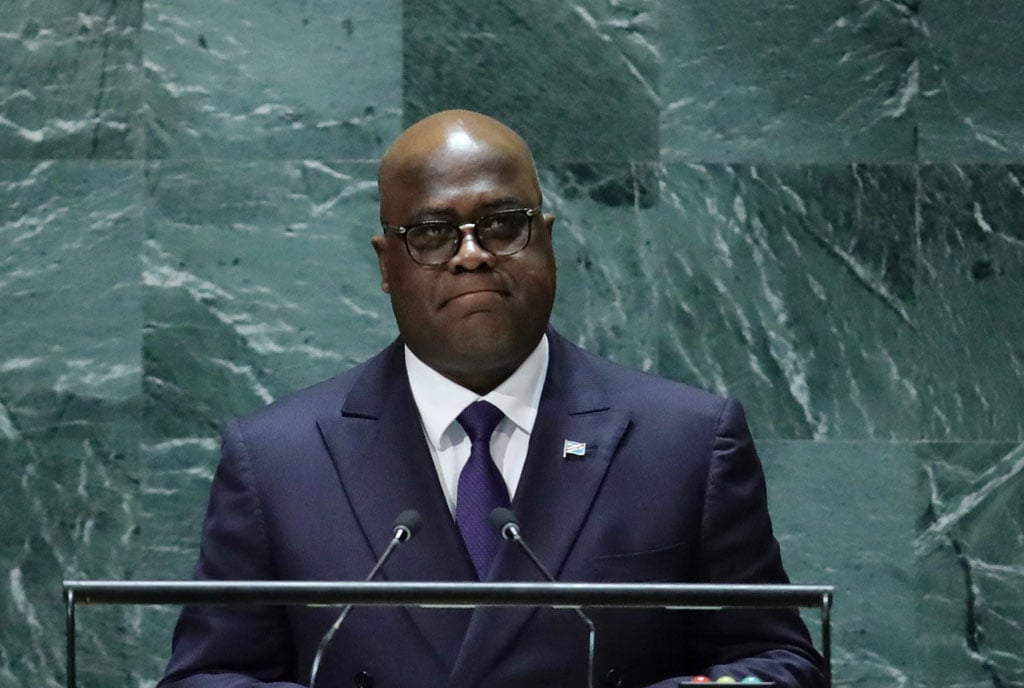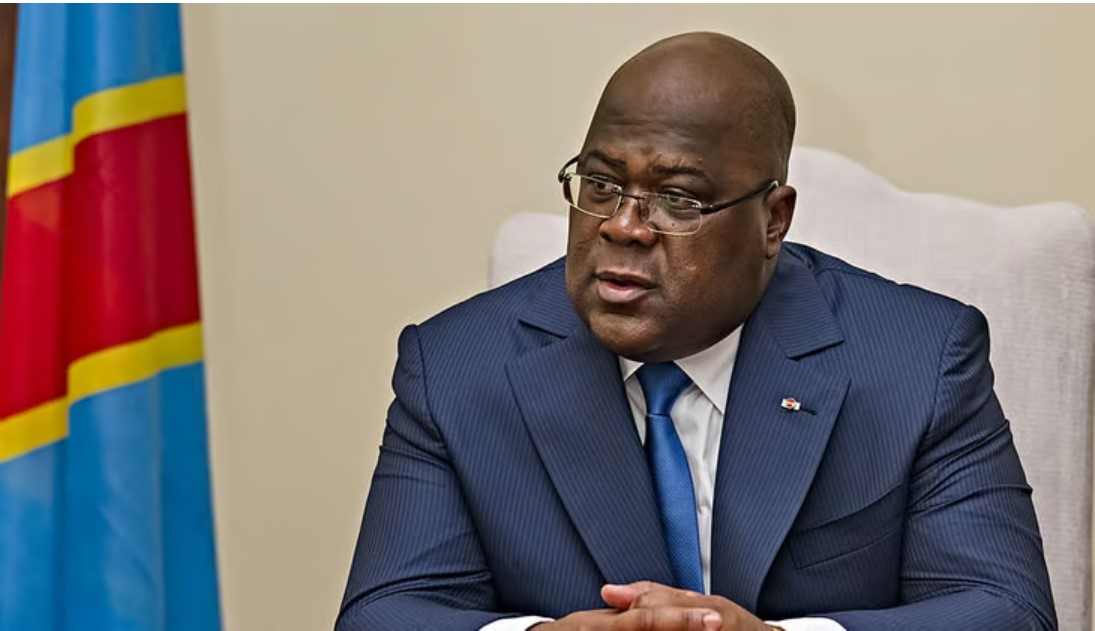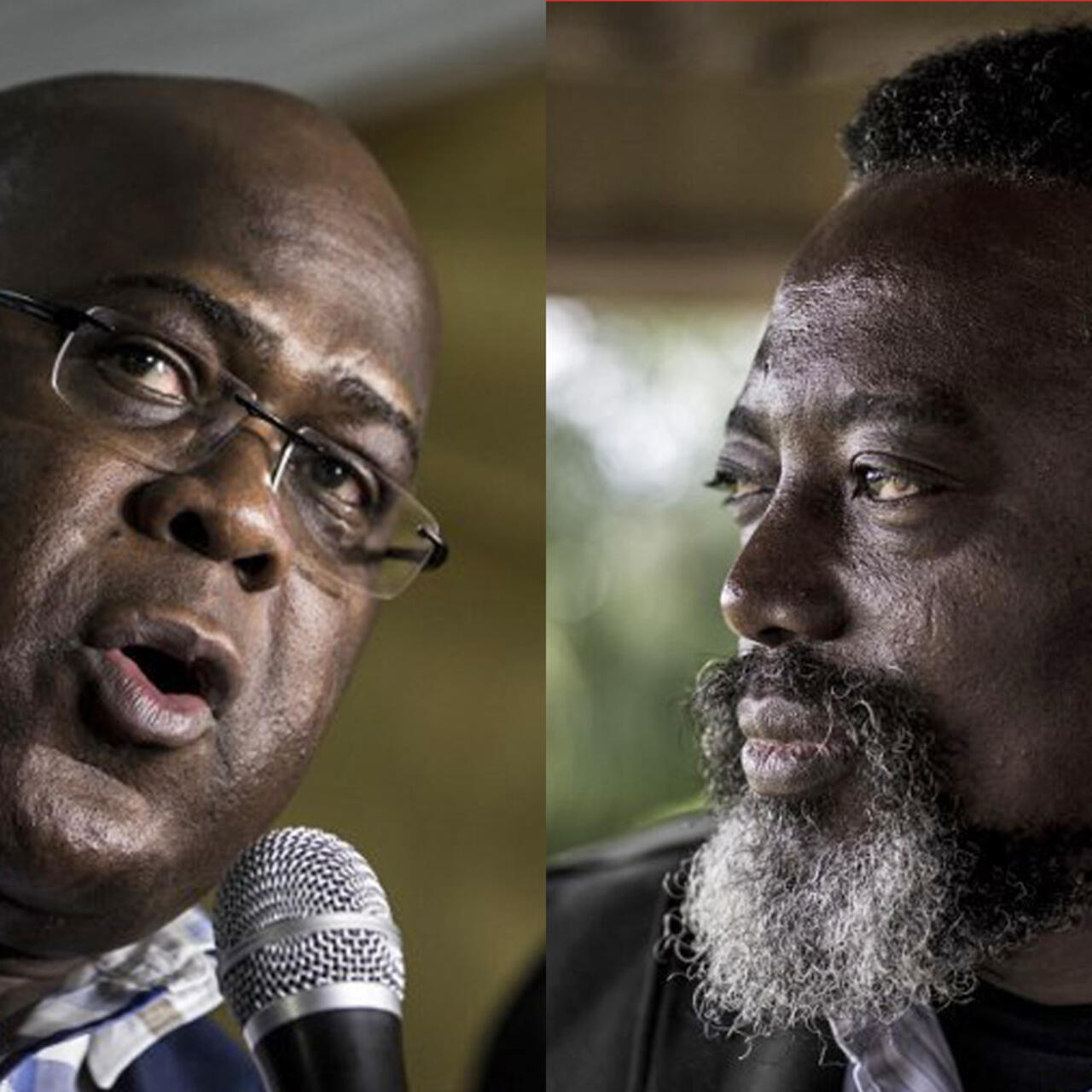Regional
DRC not victim but perpetrator of human rights violations
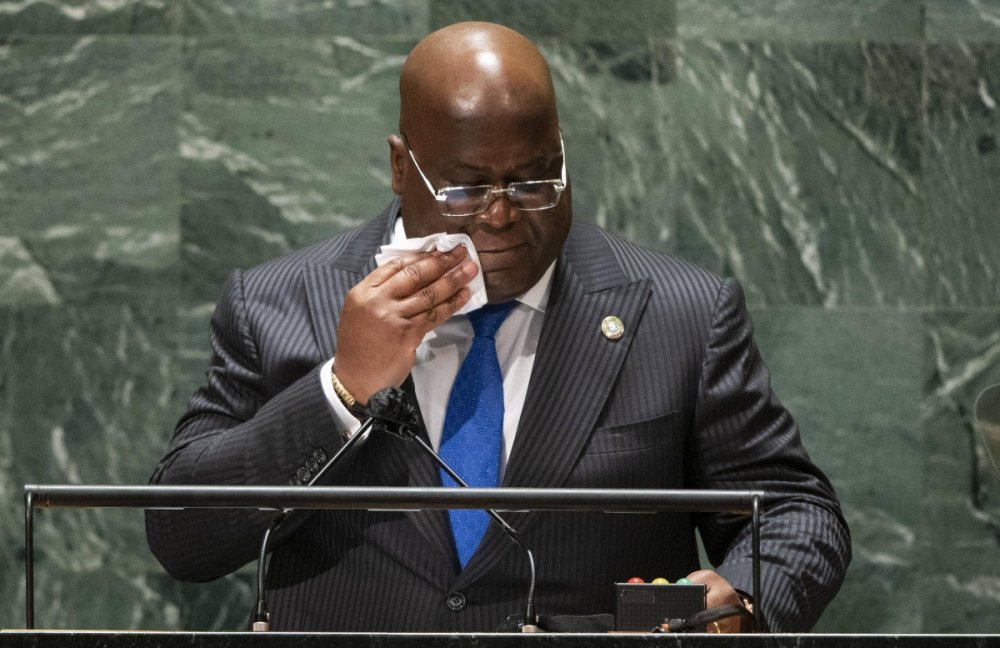
Congolese President Felix Tshisekedi, whose government is accused of being "bloody".
During the September 7 United Nations Human Rights Council session in Geneva, at the Palais des Nations, Congolese opposition leaders Franck Diongo and Jean-Claude Mvuemba strongly criticized the regime of President Félix Tshisekedi, calling it "bloody".
Diongo and Mvuemba were officially invited to participate in the 57th session of the UN Human Rights Council in Geneva, as representatives of the Congolese opposition, determined to carry the voice of the people of the Democratic Republic of Congo (DRC).
Among the panelists were DRC representatives and ambassadors, the international community representatives, as well as a representative of the UN High Commissioner for Human Rights.
In the meeting, the Congolese government manipulated the debate to portray the DRC as a state that respects human rights. They aimed to promote the DRC’s candidacy for the UN Human Rights Council, but Diongo and Mvuemba intervened to expose the dark reality of “a bloody and genocidal regime, which relies on terror, corruption and systematic violation of human rights”.
“A genocidal government. DRC cannot be a member of the UN Human Rights Council,” Mvuemba and Diongo stated.
The carnage in Makala prison was the main issue that amplified the two men’s discontent. The whole caucus ignored the Makala prison scandal which claimed the death of more than 200 inmates but Mvuemba and Diongo could not. "They killed 2,000 people in prison, they say they don't violate human rights," they shouted.
Diongo gave his assessment of the Makala, accusing the Congolese government of complicity and criticized the guilty silence of the international community in the face of the tragedy.
Kinshasa has, for long, portrayed itself as the victim of human rights abuses and “aggression,” yet it is the perpetrator of human rights violations.
Among the countless scandals of human rights violation orchestrated by Tshisekedi’s regime is the Goma carnage which claimed more than 56 civilians while more than 220 were severely injured.
In August 2023, Congolese soldiers wearing the uniform of an elite unit fired on a crowd of unarmed civilians demanding the departure of MONUSCO. These violent events were part of a series of attacks and demonstrations against the UN mission in the DRC, accused of ineffectiveness in the fight against armed groups.
It is inhumane to talk about the barbarity of the Congolese government and forget the long lasting persecution of Kinyarwanda-speaking Congolese. For more than three decades, Rwandaphones in DRC have been overwhelmed by the violence, xenophobia and hate speech orchestrated by the successive Congolese government.
They were also denied their right of citizenship as other Congolese nationals. Consequently, Kinyarwanda-speaking Congolese fled their country to seek refuge in neighboring countries and elsewhere in the world. Others are internally displaced.
The Congolese government is well aware of that and ignores it, while continuing to support and arm militia groups operating in eastern DRC which are responsible for the persecution of Rwandaphones in the region.
Kinshasa supplied numerous armed groups operating under the banner of the Wazalendo with light weapons and ammunitions of various calibres, 868 rockets and 284 bombs. Over 300 Kalashnikovs and more than 15 rocket launchers were also distributed, according to reports.
On March 15, DRC lifted a moratorium on the death penalty, citing treachery and espionage in recurring armed conflicts as the reason for allowing a resumption of executions. The move was criticized by human rights’ organizations, indicating that this is the DRC government’s new tactic to exterminate people solely based on their identity, and not because of any crime they might have committed.
Kinshasa has failed the Congolese population in all aspects, while Tshisekedi creates every situation that would favor him and divert public attention from his failures. He is criticized for failing to solve the security crisis in eastern DRC and other critical national issues which lead to human rights violation in the country.


